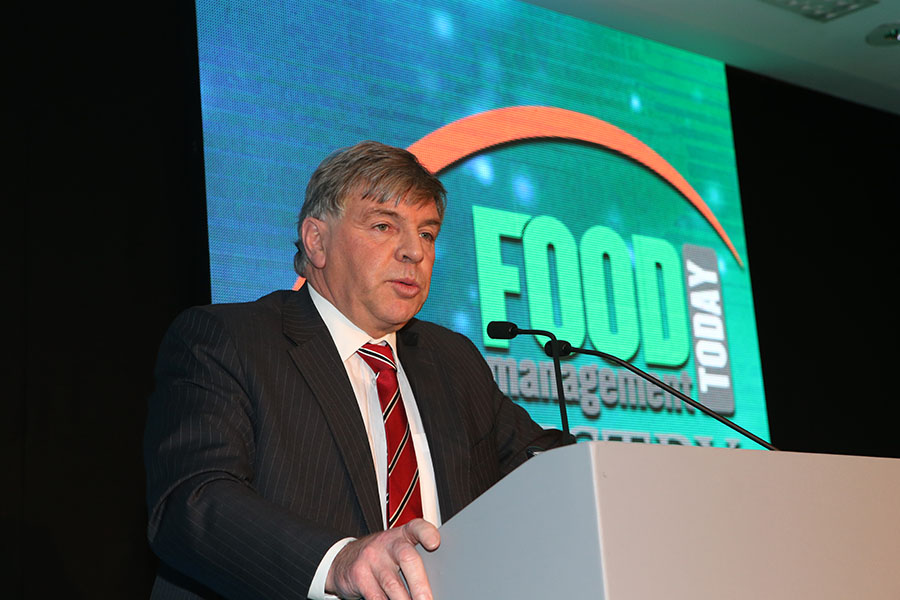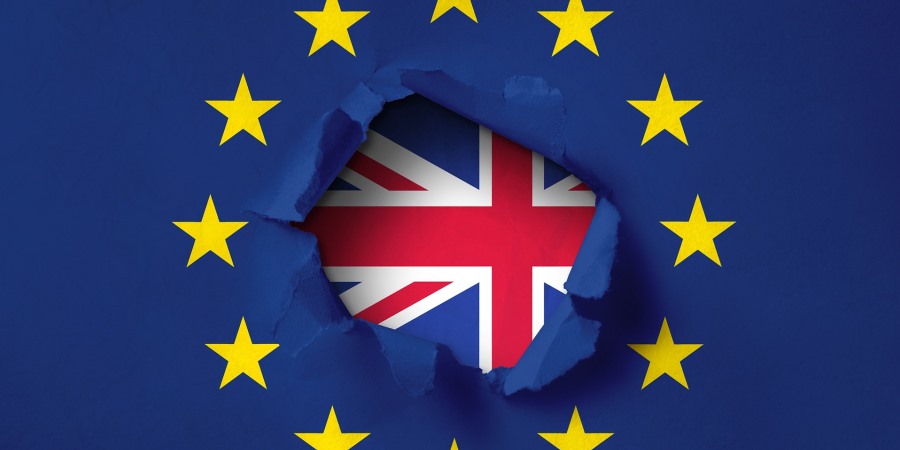The Prime Minister, Theresa May, has agreed on a deal with the European Commission (EC) over the issues of EU citizens in the UK and UK citizens in the EU and Northern Ireland, allowing negotiations to move to the next phase.
Announcing the deal, the European Commission’s president, Jean-Claude Juncker, noted that “sufficient progress” had been made, with the joint text expected to be signed off by leaders of the EU member states at a summit next week.
May noted that the deal the two parties approved will guarantee the rights of three million EU citizens living in the UK and of a million UK citizens living in the EU.
“EU citizens living in the UK will have their rights enshrined into UK law and enforced by British courts.”
“They will be able to go on living their lives as before,” she stated.
Regarding the financial settlement, May highlighted that after some “tough conversations we have now agreed on a settlement that is fair to the British taxpayer”.
Finally, on the issue of Northern Ireland, May said the agreement guarantees there will be no hard border and that the Belfast agreement will be upheld, maintaining “constitutional and economic integrity of the United Kingdom”.
The document also notes that any future deal must protect “North-South co-operation” and hold to the UK’s “guarantee of avoiding a hard border”.
What’s more, if no agreement is reached, the United Kingdom “will ensure that no new regulatory barriers develop between Northern Ireland and the rest of the United Kingdom, unless, consistent with the 1998 Agreement, the Northern Ireland Executive and Assembly agree that distinct arrangements are appropriate for Northern Ireland”.
Sending the new Brexit guidelines to the EU27 leaders for the second phase of the negotiations, the president of the European Council, Donald Tusk, cautioned that “the most difficult challenge is still ahead”.
“And now, to negotiate a transition agreement and the framework for our future relationship, we have de facto less than a year,” he added.
The food industry’s reaction
The Food and Drink Federation’s (FDF) director general, Ian Wright CBE, welcomed news that Brexit talks would now be recommended to proceed to stage two, and commented: “We look forward to seeing the detail of what has been agreed on citizens’ rights and on the border between Northern Ireland and the Republic of Ireland; both issues of critical concern to food and drink manufacturing.

FDF’s director general, Ian Wright CBE.
“Time remains desperately short. We call for swift progress not only on future trade relations between the UK and EU but most importantly on the detail of a transition period. This must maintain the status quo so businesses have the certainty they need.”
The Provision Trade Federation’s (PTF) director general, Andrew Kuyk CBE, also welcomed the progress on the first phase of negotiations, but highlighted: “The challenges in the next phase have the potential to be even more difficult – and in a shorter timescale.

PTF’s director general, Andrew Kuyk CBE.
“The immediate priority must therefore be to secure the greatest possible clarity over what transition means and how it can be implemented without disrupting existing trade flows while a longer term agreement is put in place.”
The British Meat Processor Association’s chief executive, Nick Allen, warned that industry needs to see more detail, as “on the face of it, all looks good news”.

BMPA’s chief executive, Nick Allen.
He added: “At first look this appears to be a good step in the right direction and will help alleviate some of the concerns the Industry has had. Without the much-needed detail, which is something many businesses need, it is still quite hard to make plans for the future. We hope that over the next few weeks that level of detail will become clear.
“Along with many other people in the Food and Drink sector we have been lobbying hard to make sure our concerns have been heard.”









